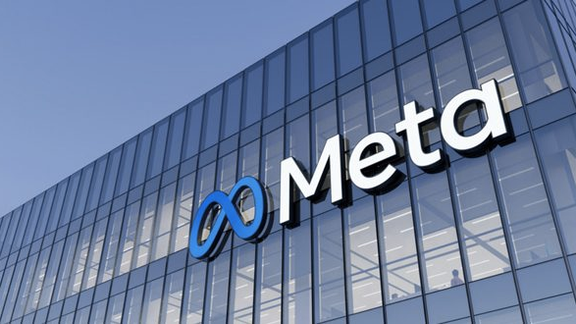Meta Removes Multiple Iran-Linked Pages, Accounts

Meta says it has removed 40 Facebook accounts, eight pages and one group affiliated with Iran for violating its policy against coordinated inauthentic behavior.

Meta says it has removed 40 Facebook accounts, eight pages and one group affiliated with Iran for violating its policy against coordinated inauthentic behavior.
The tech giant said these accounts and pages were mainly aimed at Israel, France, and Bahrain.
In its first quarterly adversarial threat report in 2023, Meta said this operation ran across multiple internet services—including Facebook, Twitter, Telegram, YouTube, and hacking forums—where it claimed to have hacked entities in the countries they targeted, including news media, logistics and transport companies, educational institutions, an airport, a dating service, and a government institution.
“The individuals behind this network alleged to have stolen these organizations’ data or defaced their websites. We cannot confirm if any of the claimed attacks against these entities have, in fact, occurred. We removed this network before it was able to gain a following among authentic communities on our platforms.”
It further added that multiple distinct clusters posed as separate hacktivist teams, with each only active for a few days to a few weeks.
Accordingly, three separate clusters focused on Israel, where they offered to sell hacked data that allegedly belonged to commercial companies, educational institutions, and a dating app. Another cluster that targeted Bahrain claimed to have hacked government websites before the country's elections.
“It was removed last year by both automation and our investigative team. The final cluster focused on France and claimed to have hacked the Charlie Hebdo newspaper. The news media reported some of these individual claims in Israel, Bahrain, and France,” underlined Meta.
The people behind this network used fake accounts to post, like and share their own content to make it appear more popular than it was, as well as to manage pages and groups posing as hacktivist teams.
They also liked and shared other people’s posts about cybersecurity topics, likely to make fake accounts look more credible.
Some of these accounts used profile photos likely generated using machine learning techniques like generative adversarial networks. Meta says it found the full scope of this activity after reviewing information shared with the company by its peers at Microsoft.
Based on the report, around 750 accounts followed one or more of these pages; around 80 accounts joined one or more of these groups.
Last year, the US Congress said it was investigating the Meta social media network to find out why the platform is censoring content by Iranian dissidents and pro-democracy advocates.
Following reports that the social media giant might be aiding the Iranian government amid a wave of protests, three Republican lawmakers on the House Foreign Affairs and Armed Services Committees have launched a probe into the matter, a copy of which was published by the Washington Free Beacon on Tuesday.